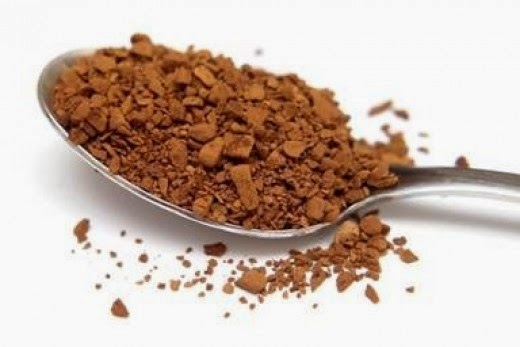I spent the weekend listening to my old vinyl records after having obtained what used to be called a gramophone, but which I believe is now called a turntable. Back in about 1991, I boxed up my LPs for a house move, and these by-now classic albums have languished in various attics ever since. I couldn’t wait to literally dust-off Dark Side of the Moon, even though I regularly listen to it on CD. As I sat on the floor of the lounge surrounded by album covers, protective sleeves and soft dusters, Any Colour You Like blaring, my wife came in.
‘I didn’t know you liked harpsichord music, darling. I have some lovely choral CDs in my bureau if you want to listen to some more.’
‘It’s not a harpsichord. Actually it might be a harpsichord. But it’s certainly a classic, especially on the original vinyl,’ I added, nodding sagely.
‘It doesn’t matter how you listen to your music, it’s not going to make it sound any better. You have to accept that it’s simply too old fashioned.’
‘It’s The Pink Floyd,’ I explained, giving the band their definite article as befits a true enthusiast.
‘Darling, Pink Floyd’s time has come, and gone – thank goodness. And please don’t indoctrinate our daughter into early-seventies, psychedelic rock groups.’
Our daughter moved gracefully around the room, impressively finding a rhythm to dance to in The Great Gig in the Sky.
‘You let her watch Mamma Mia,’ I countered, ‘ABBA are a seventies group.’
‘ABBA is timeless in a way that neither Supertramp nor Led Zeppelin will ever be.’ She smiled as if there was nothing further to say.
Led Zeppelin.
‘Oh, no you don’t,’ she said as I reached for the Song Remains the Same.
I’d bought the turntable on a whim during a trip to Currys earlier in the week. We’d just had a voluble discussion about the route home from a clock auction near Bath. It was no good; Google maps were simply not getting us closer to our mutual destination. In the same way that the mobile phone has supplanted the two pence piece as a means of facilitating telephone calls, so SatNav has replaced my AA route master maps.
As we left Currys, I tore open the packaging of my TomTom, and entered our home address into the keypad. Leaving the car park, I ignored the instruction to go left at the roundabout.
‘Darling, she said to turn left.’
‘I know; but that’s not the best way. It’s better to go straight on here, and right at the next junction,’ I explained.
My wife sighed, and although I know that the female voice inside the box on my dashboard has no emotions, I felt sure that her tone changed as I continued blatantly to ignore her advice, muttering to myself as she attempted to correct my deviation from her planned route.
And just as a homecoming is made so much sweeter when you navigate yourself there, even if accompanied by shrill instructions to turn round as soon as possible, so Money sounds far superior on vinyl, clicks and all. The only downside is that you have to get up and turn the record over after The Great Gig in the Sky if you want to hear it; you don’t have that problem with MP3.












